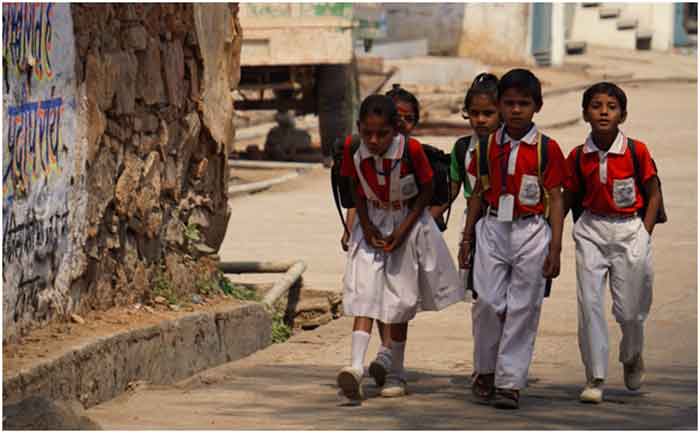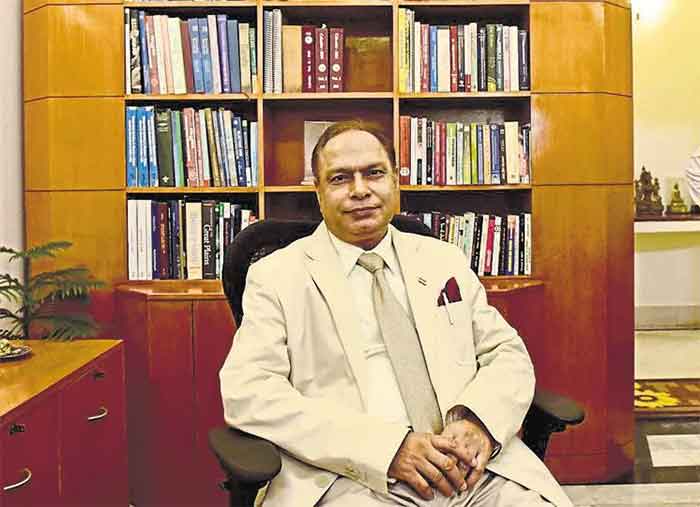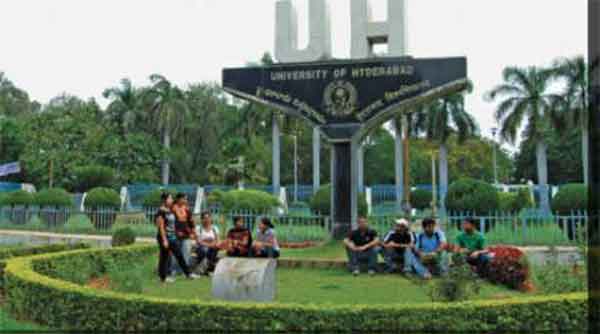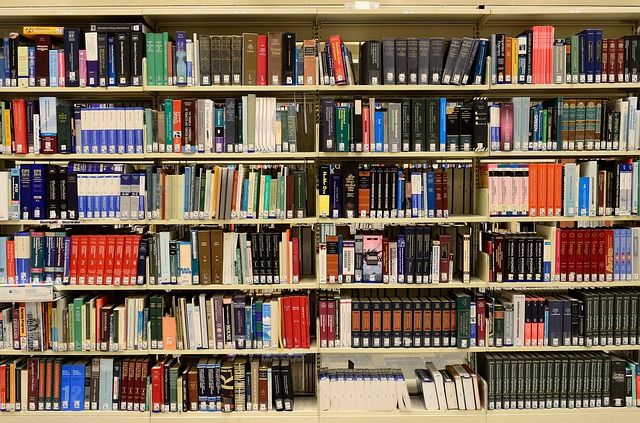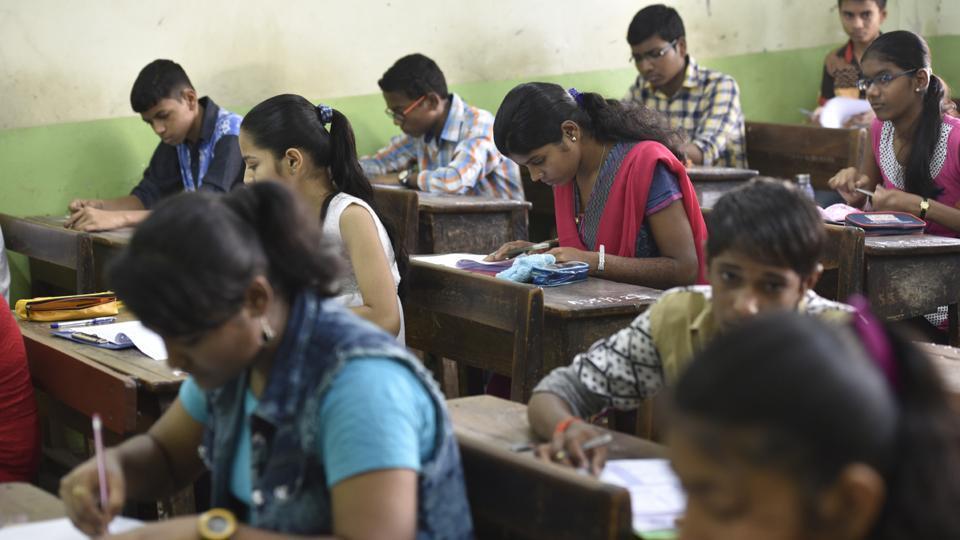
Recently the PM Modi led Cabinet has approved the New National Education Policy (NEP-2020). After that, it is being argued that current Education policy has been designed to fulfill the needs and emerging aspirations of students. In this respect, the ruling dispensation led by PM Modi has said that current policy on education will help us to achieve an Atma Nirbhar Bharat (self-reliant India) in the 21st century. The purpose of the NEP is, to address the needs and concerns of students at all levels while harnessing necessary skills and knowledge that should be relevant in the market sphere and civil society as well, so that students would be able to get employment and earn their livelihoods. The major concern of the NEP is, to promote interdisciplinary approach, enhance skills, critical thinking and ethical values among students.
However, it is crucial to underline that without addressing the structural problems of Indian economics especially in the post Covid-19 world, it will be difficult to overcome the problems of unemployment and poverty. Even after getting education and proper skills, students will not be able to get jobs because of Indian economy is passing through a structural crisis and economic downturn; as a result millions of people have already lost their jobs in our country. In short, to address the problems of unemployment holistically, economic and educational policies both need to be combined together, in post-Covid -19 world, so that the questions of poverty, hunger and employment can be solved in times to come.
While justifying the reducing of 30 percent syllabus under the NEP, the ruling dispensation has argued that steps will help to reduce the burden and stress of students especially in the context of Covid-19. However, in the name of reducing burden and stress of students, the BJP government has also decided to delete and remove those important portions from Text books which are based on egalitarian values such as secularism, social movements, federalism and other related issues. In other words, under the false pretext of reducing the burden of students, the present ruling dispensation has also pushed the agenda of communalising the Textbooks, so that sentiments of Hindu majoritarianism can be invoked and put-forward in the public sphere to get political benefits.
The fact cannot be denied that in most of the BJP ruled states, the project of communalizing and saffronizing educational policy under the pretext of “Indianizing” (it refers to a kind of educational and cultural policy that should be derived and rooted in ancient Indian history, often narrowly conceived by Hindu Right wing), the existing Text books especially of social sciences has been already done. Apart from communalizing Text books, the BJP government is moving towards agenda of rapid privatization by sidelining the Common School system (it was aimed at opening of government funded schools to bridge the educational and social divide in our country) as recommended by Kothari Commission (1964) to overcome class/caste division widely prevalent in Indian society. Instead of addressing inequality, the government in collaboration with corporate sectors (under the garb of public private partnership, PPP) is trying to further privatize public education while cutting further budgetary allocations. The promotion of online education by cyber capitalism can be cited as a case in point. In doing so, it has diluted the Right to education. It has to be noted that Right to education has been linked with right to life, as mentioned in Article-21 of the Fundamental Rights.
Given socio-economic and educational inequality between the rich and poor, one cannot deny that the process of privatization will further create the educational and social divide in hierarchical society like India. The government and the BJP‘s leaders are making the claim that the current NEP is historic in nature and will bring out social change in India by providing education to all sections of society. A section of the media has also accepted uncritically the NEP and spread the government’s version rather than analyzing policy critically from the perspective of marginalized in the public domain.
However, left-liberal academics and educationists of our country have shown the limitations of the NEP and highlighted several anomalies in the public domain. On the basis of the BJP-RSS combined past records, especially while looking at state wise policies on public education and discourse around communalizing Text books; one could argue that they have not taken any concrete steps so far, to reduce the educational and social divide and communalism increasingly noticed in our society.
In the country, they (communal forces) were more interested in replacing ‘secular pedagogy’ based on diversity and pluralism with communal contents. For instance, under the pretext of Indianizing the history writings, the BJP-RSS combined has earlier distorted Text books of social science especially history one that was written earlier by secular and professional historians. While critically analyzing the NEP, a section of scholars have argued that a similar but not identical effort has been made by the ruling dispensation to distort and push the agenda communalising Text books under the pretext of reducing the burden of students and reforming the educational system in accordance with needs of contemporary times. To explain the real intentions of innovation and critical thinking, the government has removed progressive values like secularism, citizenship, social movements from the Class-11 Text book of political science. In this respect, Gaurav. J Pathania writes:
“Through the NEP, the government promised to bring out innovation, diversity inclusion and a multi-disciplinary approach to inculcate “critical thinking”. In reality the government has completely omitted chapters on social movements, federalism, citizenship, nationalism and secularism from class11 political science syllabus instead of paying homage to icons from socially marginalized backgrounds, the government has removed many social reforms from text books”. (See “Missing form NEP, Issues the marginalized” The Indian Express, dated September 6, 2020, p-12)
However, on the question of caste and gender based discriminations including on anomalies of reservation police, the NEP has not addressed these crucial issues and remain silent. It has to be noted the lower caste and class students irrespective of religion have faced huge caste and gender based discriminations in universities campus. The Rohit Vemula’s suicide at HCU, missing of Najeeb from JNU campus and recent brutality of Delhi police against students of Jamia can be cited as examples.
Yet the NEP has talked autonomy on matters of formulating curriculum. In this context the NEP mentions, “institutional and faculty will have the autonomy to innovate on matters of curriculum and pedagogy” (12.3, p-60, cited in the Indian Express, by G. Panthania, dated September 6, 2020, p-12). However, the idea of intellectual and academic freedom are also missing from the NEP. It has to be noted that without academic and intellectual freedom, space for critical thinking will further shrink in institutes of higher learning. And it will be difficult for academic communities and public intellectuals at large to produce worthwhile knowledge that is essential for survival for a liberal democracy. As several noted educationists have reminded us that public education should not be considered as a profit making enterprise and students should not be treated as consumers/customers in the market. The purpose of public education should be geared towards the agenda of social change and must promote idea of ‘public goods’ and inculcate sense of civility among students and commitment towards masses rather than committed to serve the interests of the market forces and narrow self individual profits which reproduce further inequality in the civil society.
Let me conclude by saying that the claims made by the ruling government is not so worthy to celebrate that the NEP-2020 is historic in nature and will bring out social change and committed to achieve the goal of Atma Nirbhar Bharat in days to come. Rather fact is that the present form and content of the NEP, if it will be implemented, further exclude the marginalized groups like Dalit, Tribals and minorities. While showing drop out ratio of students belonging to marginalized groups, a noted scholar, Gaurav J Pathania writes,’ “an Oxfam report revealed that 75 % of 6 million children currently out of school belong to social marginalized communities (32.4% Dalits, 22.7 % Muslims and 16.4 % Tribals)”. (See “Missing form NEP, Issues the marginalized” The Indian Express, cited, dated September 6, 2020, p-12)
To address the specific problems such as discriminations on the basis of caste and religion in university spaces as experienced by students belonging to these social groups, the NEP has not mentioned these issues and put-forward any robust and concrete programmes in this regard. Without addressing the specific concerns of students belonging to marginalize social class who are doubly discriminated (firstly, based on identity and secondly, for being materially deprived) in the public sphere, the present NEP-2020 will further reproduce social and educational inequality in the larger public domain because said policy is not so sensitive towards marginalized groups. In short, the purpose of public education should be to promote and inculcate ‘good virtue’ among citizens and sense of public responsibility rather than maximizing individual self interests and making profits in the market and civil society.
Let me end here by saying that no doubt several good points are mentioned in the NEP that need to be taken seriously. But the fact is that merely having formulated good education policy will not be enough. To implement the education policy on grounds, the political will is required. Secondly, benefit must be reached to those who are the most deprived, socially excluded and the least advantaged groups, as well-known American political philosopher John Ralws had underlined in his theory of justice in the late 1970s. But the past experiences have shown that due to the lack of political will on the part of successive governments, disadvantaged and oppressed groups remain to be deprived and excluded from the fruits of development. Therefore, in the light of stark realities, the national education policy (like NEP) needs to be interrogated from the standpoint of the marginalized. If the NEP will not be able to address the concerns of subalterns’ masses and will fail to promote egalitarian values as enshrined in our democratic Constitution of India, the very purpose of Education as public goods that equally shared by all sections of society will get defeated.
The author is a Research Scholar, Department of Political Science, University of Delhi
SIGN UP FOR COUNTERCURRENTS DAILY NEWSLETTER


